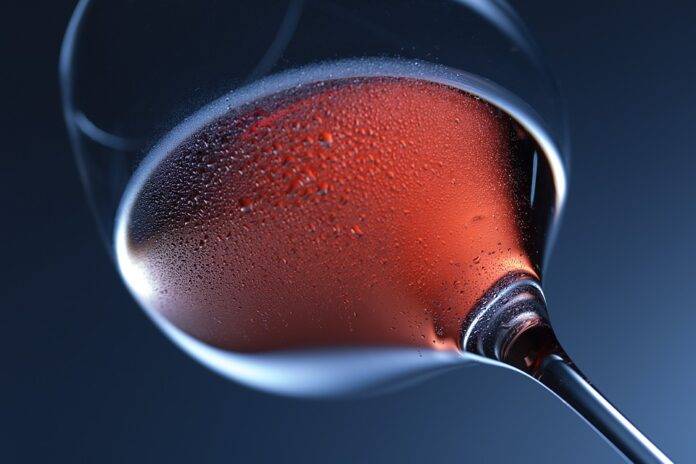Introduction
As wine enthusiasts know, aging is a crucial factor in the development of a wine’s aroma, texture, and finesse. The duration for which a wine is aged can have a significant impact on its flavor profile and overall quality. In this report, we will explore how aging duration influences these key aspects of a wine, and delve into the financial implications for wineries and the wine industry as a whole.
Aging Duration and Aroma
Impact on Aroma Development
Aging wine allows it to undergo complex chemical reactions that can enhance its aroma profile. As wine ages, it can develop a wider range of aromas, including notes of dried fruit, leather, tobacco, and earthiness. The duration of aging plays a crucial role in how these aromas evolve and become more pronounced in the wine.
Financial Considerations for Wineries
For wineries, the decision of how long to age a wine can have financial implications. Longer aging periods require more storage space, which can increase costs for wineries. However, wines that are aged for longer periods often command higher prices on the market, as consumers are willing to pay more for the complexity and depth of flavors that come with extended aging.
Aging Duration and Texture
Effects on Mouthfeel
The texture of a wine, also known as its mouthfeel, can be greatly influenced by aging duration. Wines that are aged for a longer period of time often have smoother, silkier textures, with more integrated tannins. This can result in a more velvety and luxurious mouthfeel that enhances the overall drinking experience.
Industry Insights
In the wine industry, wines that have been aged for longer periods are often considered to be of higher quality and can command premium prices. Wineries that specialize in producing aged wines may have a competitive advantage in the market, as they cater to a niche segment of consumers who appreciate the nuances and sophistication that come with aging.
Aging Duration and Finesse
Enhancement of Finesse
Finesse in wine refers to its elegance, balance, and overall sophistication. Aging duration can greatly enhance the finesse of a wine, as it allows for the integration of flavors and the development of complex layers of aroma and texture. Wines that have been aged for longer periods often exhibit greater finesse, with a harmonious balance of flavors and a long, lingering finish.
Financial Data and Trends
According to industry data, wines that have been aged for longer periods consistently fetch higher prices at auctions and on the secondary market. For example, a bottle of aged Bordeaux wine can sell for thousands of dollars, reflecting the premium that collectors are willing to pay for the finesse and complexity that comes with extended aging. This trend has led to an increased interest in aged wines among investors and collectors, driving up prices for older vintages.
Conclusion
In conclusion, aging duration plays a crucial role in shaping the aroma, texture, and finesse of a wine. Wineries that invest in aging their wines for longer periods can reap the benefits of higher prices and increased demand from discerning consumers. As the market for aged wines continues to grow, it is clear that aging is not just a process of time, but a key factor in creating wines of exceptional quality and sophistication.




